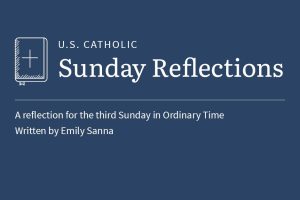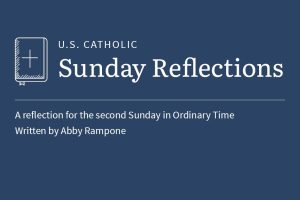Readings (Year B):
Deuteronomy 7:13 – 14
Psalms 93:1, 1 – 2, 5
Revelation 1:5 – 8
John 18:33b – 37
Reflection: How will we build God’s kin-dom on Earth?
I love to travel and when I do, I love to visit churches, castles, or palaces. I have visited many around the world. Most recently, I visited several of the royal palaces in Korea with my students. It was fascinating to see the grandeur of where the king, queen and servants slept and resided. Most recently, my daughter and I visited the Topkapi Palace in Istanbul, Turkey—a magnificent Ottoman palace that once served as the primary residence for sultans.
Hebrew scriptures are full of stories about kings, with King David being the most prominent. Kings played a crucial role in the life of the Israelites and today, in the gospels, we also see a reference to Jesus as king. Pilate asks Jesus: “Are you the King of the Jews?” And Jesus answers, with a question of his own: “Do you say this on your own or have others told you about me?”
The image of Jesus as king is not new. Even at his birth, we find a reference to Jesus as king. The three wise men who traveled to see baby Jesus believed him to be the new king and even told King Herod about him. This led the paranoid King Herod to order a genocide against all the young boys and babies under two, as he was afraid that one might turn out to be a king who would replace him. That is why we find Mary and Joseph fleeing to Egypt with baby Jesus: to avoid the genocide.
This notion of kingship resurfaces before Jesus’ crucifixion, too. The Jewish people were expecting a king like King David to come to save them from the Roman Empire. But what they expected and what they received were worlds apart—literally.
Jesus is King, but not a king of this world. While we often think of kings and queens living in grand castles and surrounded by luxury, Jesus’ kin-dom is of God’s world—a realm marked by love, acceptance, and liberation, unlike any kingdom on earth. God’s world is upside down and far removed from our world, as God’s world is a world of love, acceptance, and liberation.
We need to allow Jesus to be the king of God’s world which we strive to build here on Earth. It is not easy, but we still try. We must do our best to build the kin-dom of God here on Earth. How do we do this?
During my Ph.D. program at the University of St. Michael’s College at the University of Toronto, I took a world religion class with Dr. Ovey Muhammed. He was a Jesuit priest of Indian descent who was bright and very witty in class. One day he asked his class of about 15 students, “When we pray the Lord’s Prayer, and we say,’“Let thy kingdom come’—what does that really mean?” Many of the students offered answers, and he said “no” to them all.
I wasn’t the brightest student in the class, but I was smart enough not to answer. I knew it had to be some sort of a trick question.
When no one in the class was able to answer it correctly, he said, “I will tell you what it means when we pray, ‘Let thy kingdom come.’” What we really mean is, ‘let my kingdom go.’ Let my kingdom go.”
We spend so much time building our own kin-doms, pursuing power and status without recognizing God’s call in our lives. We need to surrender our self-made kin-doms to be part of God’s kin-dom, one rooted in love, justice, and community.
Once we understand that Jesus is King, we learn to “let our kin-doms go.” Let thy kin-dom come means we let our kin-doms go and begin to build and belong to the kin-dom that is of God.
On this day of Christ the King Feast, let us remember and emphasize the true kingship of Christ.
Let us strive to let our kin-doms go and build a world where Christ is truly king.













Add comment